Does being LGBT hurt your chances of becoming an MP?
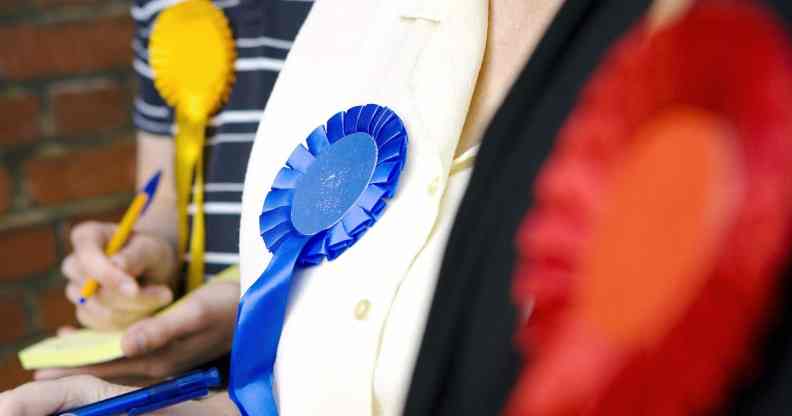
Writing for PinkNews as the UK heads towards a General Election, Andrew Reynolds and Gabriele Magni of University of North Carolina at Chapel Hill look at how LGBT candidates performed compared to their straight counterparts in 2015.
As Britain gears up for a snap general election in 50 days and candidates are being adopted, our analysis of the performance of out LGBT candidates in the 2015 General Election shows that out gay candidates actually outperformed straight candidates in a number of important respects.
After centuries of exclusion, driven by homophobia, voters now appear to be embracing LGBT identities in modern British politics.
The evidence from only two years ago suggests that political parties no longer need to shy away from selecting out LGBT candidates in winnable seats, indeed having a roster of candidates that looks like modern Britain will likely maximise seat winning prospects.
The number of openly gay, lesbian, bisexual and transgender candidates in May 2015 was unprecedented.
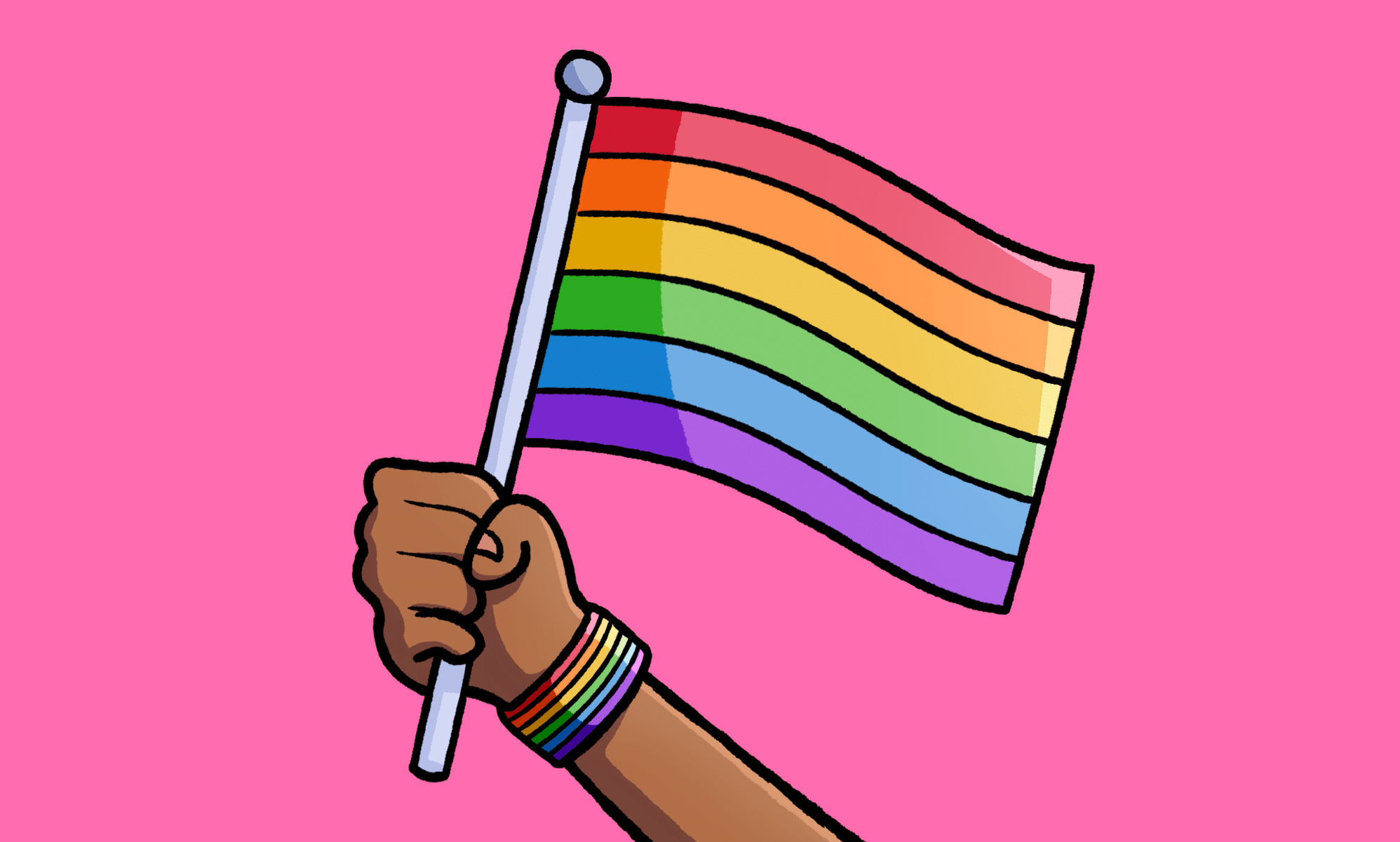
There were 155 self-identifying lesbian, gay, bisexual and transgender candidates, standing for all main parties, in 140 of the constituencies, across all regions of the United Kingdom.
Thirty-two of those candidates were elected (12 Tories, 13 Labour and 7 SNP).
In the time since the 2015 election, 7 more MPs have subsequently come out (5 Tories, 1 Labour and 1 SNP).
At dissolution, these thirty-nine MPs (6%) will represent the highest number of LGBT parliamentarians in the world.
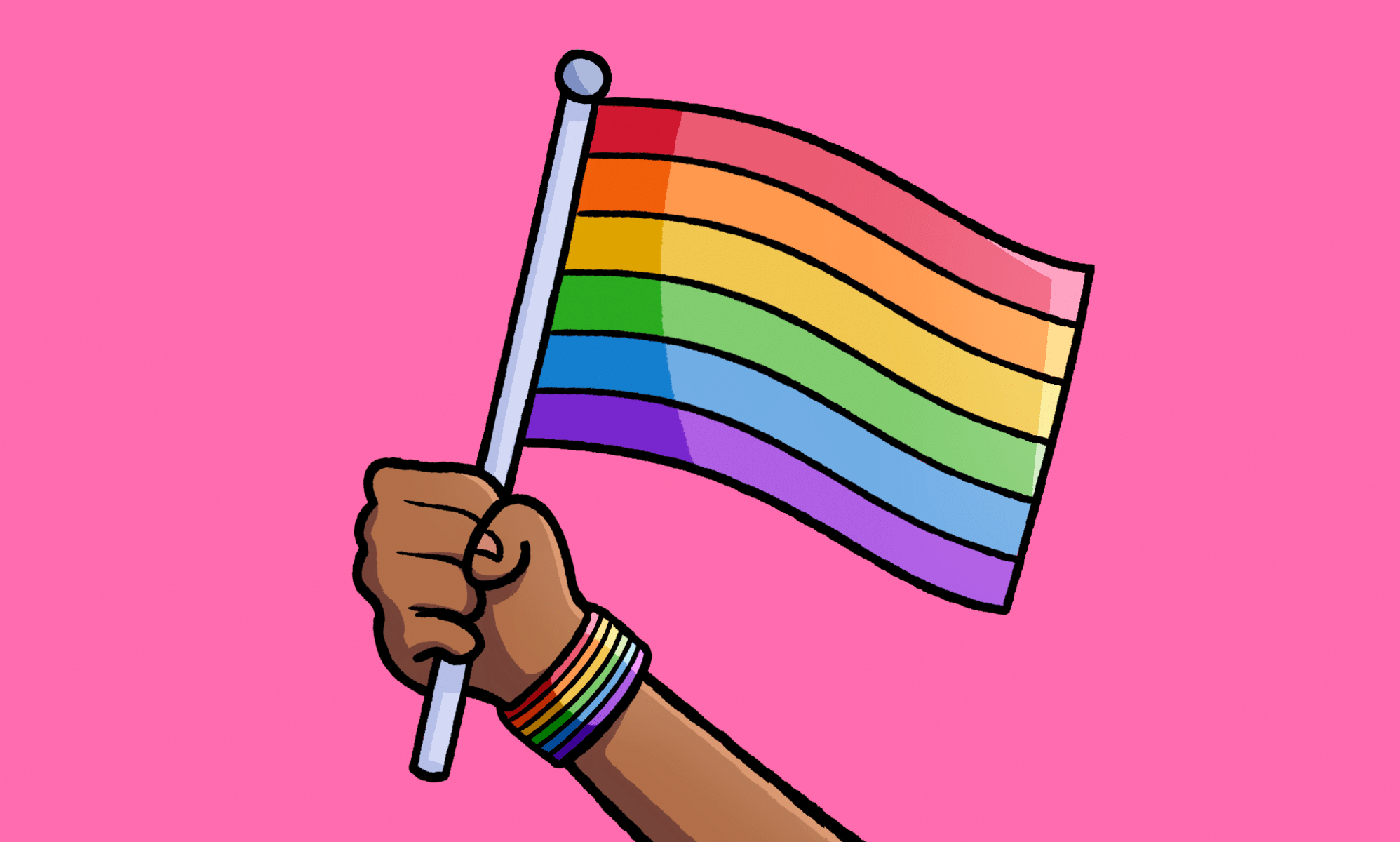
There are also out 10 Members of the Scottish Parliament and three in the Welsh Assembly.
No LGBT politicians sit in the Northern Ireland Assembly.
As of 2017 the Scottish National Party, Conservative Party and Labour Party are three of the most LGBT-inclusive parliamentary parties in the world.
The Tories are an unlikely presence on any top ten LGBT-inclusive list but they represent a global trend of right-wing parties becoming less homophobic even if they remain xenophobic and economically conservative.
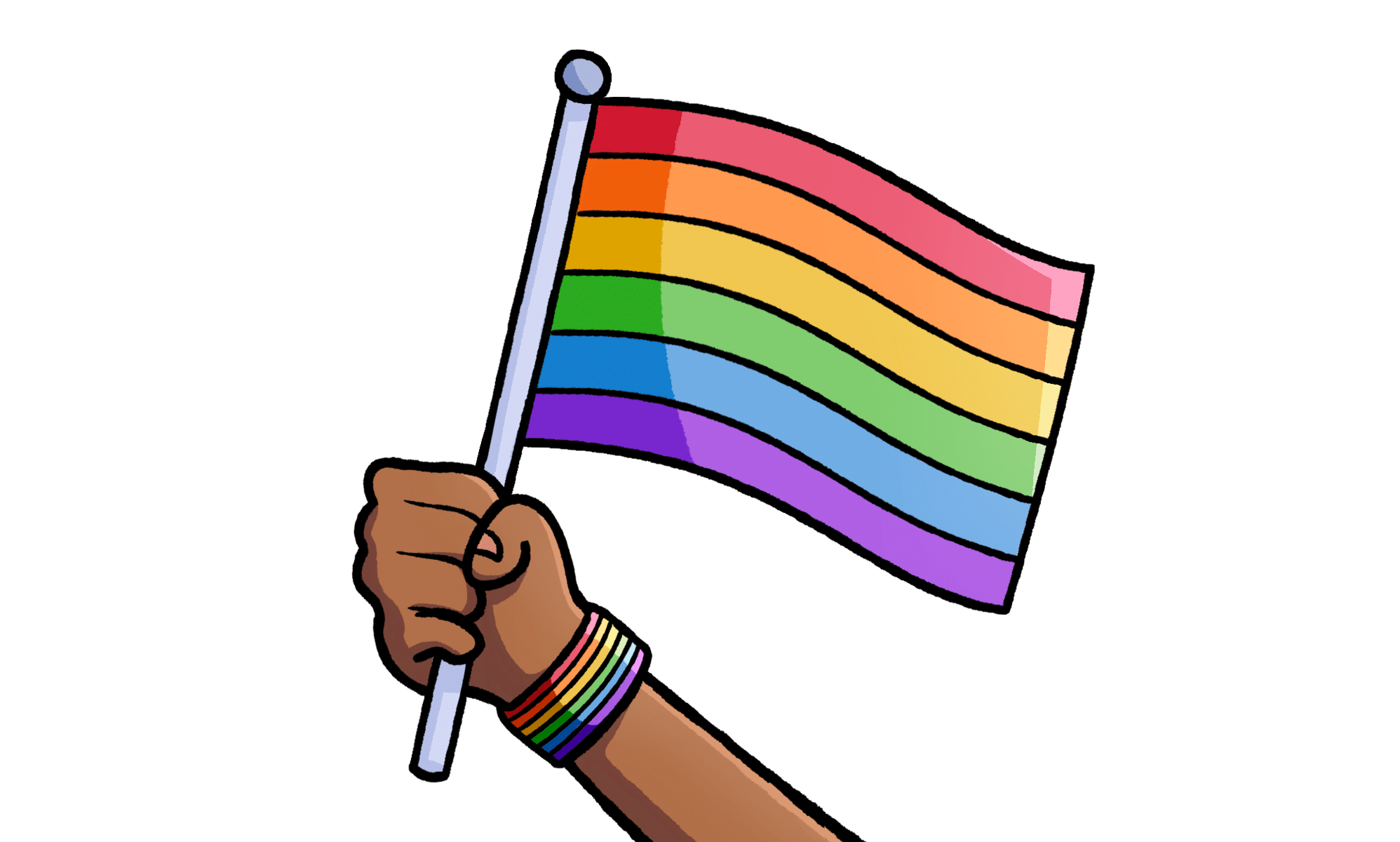
Earlier this year the number of LGBT MPs from right wing parties globally overtook the number from the left of centre parties.
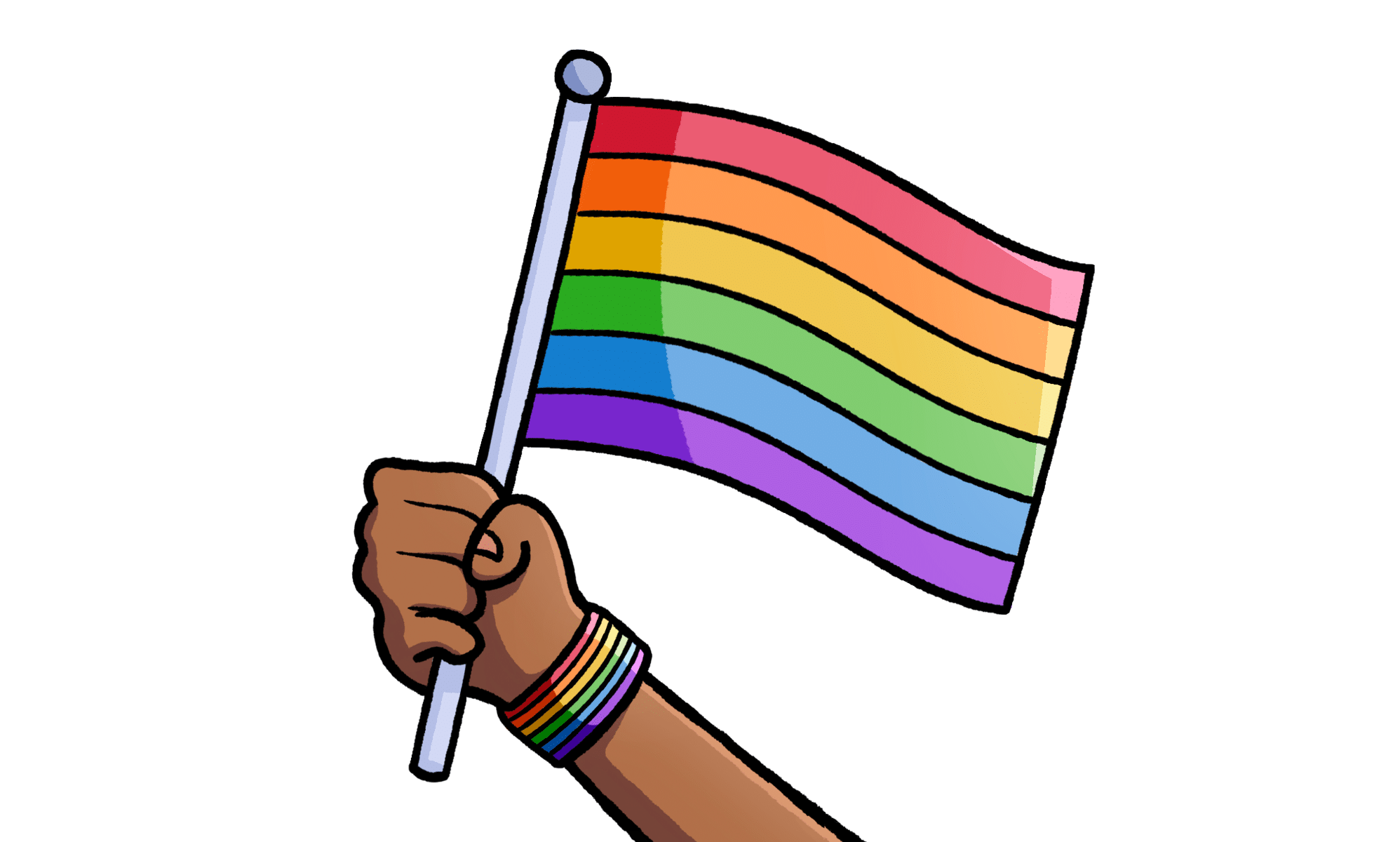
Main findings of the 2015 UK LGBT Election Study
We ran a multilevel statistical model including all the English, Scottish and Welsh constituencies.
Our question was: did sexual orientation effect personal vote share? We controlled for party vote share, regional support for marriage equality, and constituency demographics such as social grade, deprivation, urban/rural, the % Muslim and % foreign born.

We also controlled for candidate characteristics beyond sexual orientation; such as, gender, ethnicity, education, political experience, campaign expenditure, and even the ‘degree of outness’ of LGBTQ candidates as measured by their election materials and newspaper coverage.
In the overall model, we found that being an out LGBT candidate did not have a negative impact on personal vote share.
Indeed, LGBT candidates for Labour achieved, on average, a vote share +0.9% higher than straight Labour Party candidates.
Overall, LGBT candidates suppressed Conservative Party vote share by 0.6% but in marginal constituencies, Tory LGBT candidates had larger vote share increases than the national trend, and on average their gains were three times the Tory average.
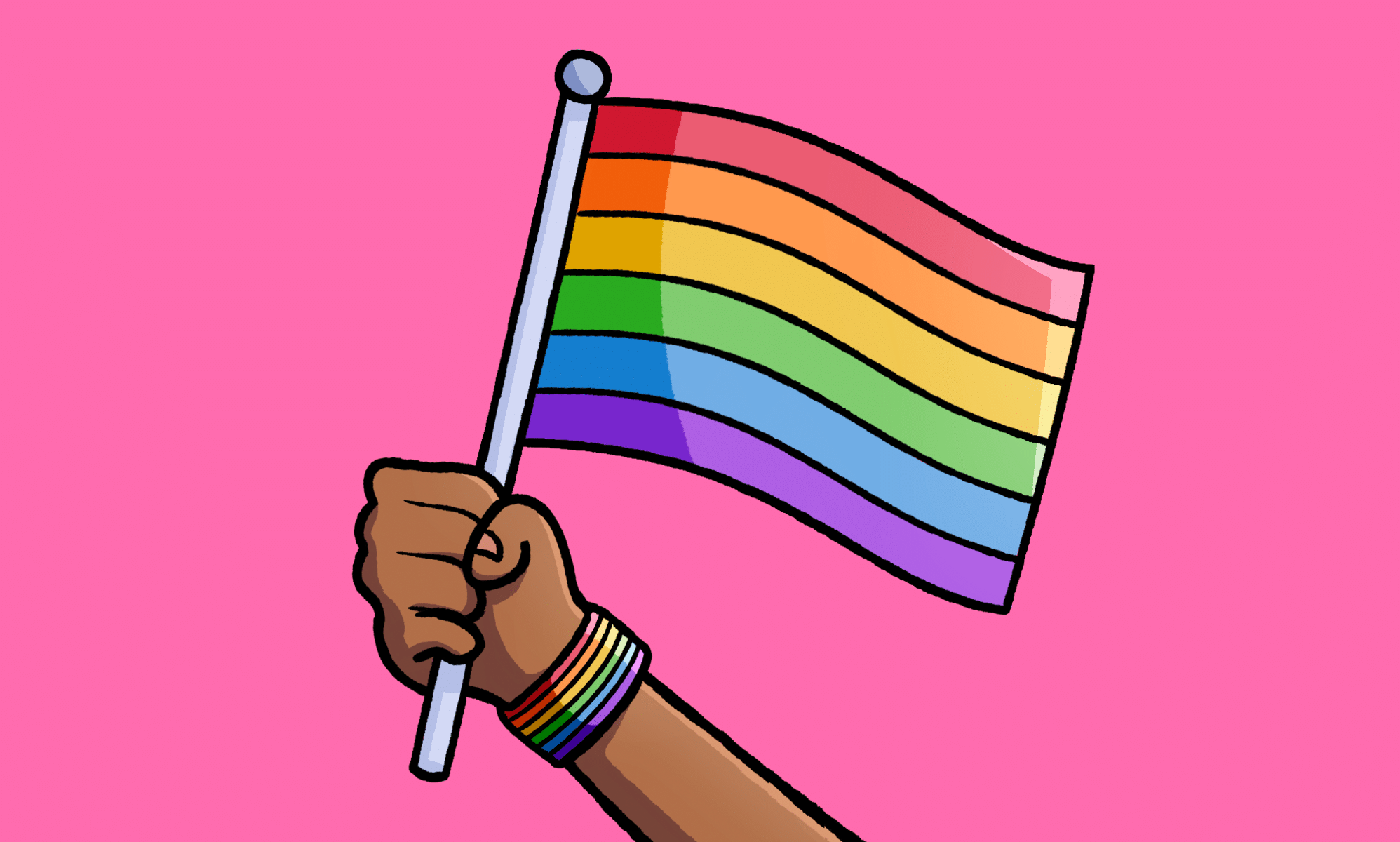
Thus, where it mattered, LGBT identity was of marginal benefit to Tory candidates.
We were surprised to find that LGBT candidates across all parties had a measurable and positive impact in ‘mainly’ and ‘largely rural’ districts.
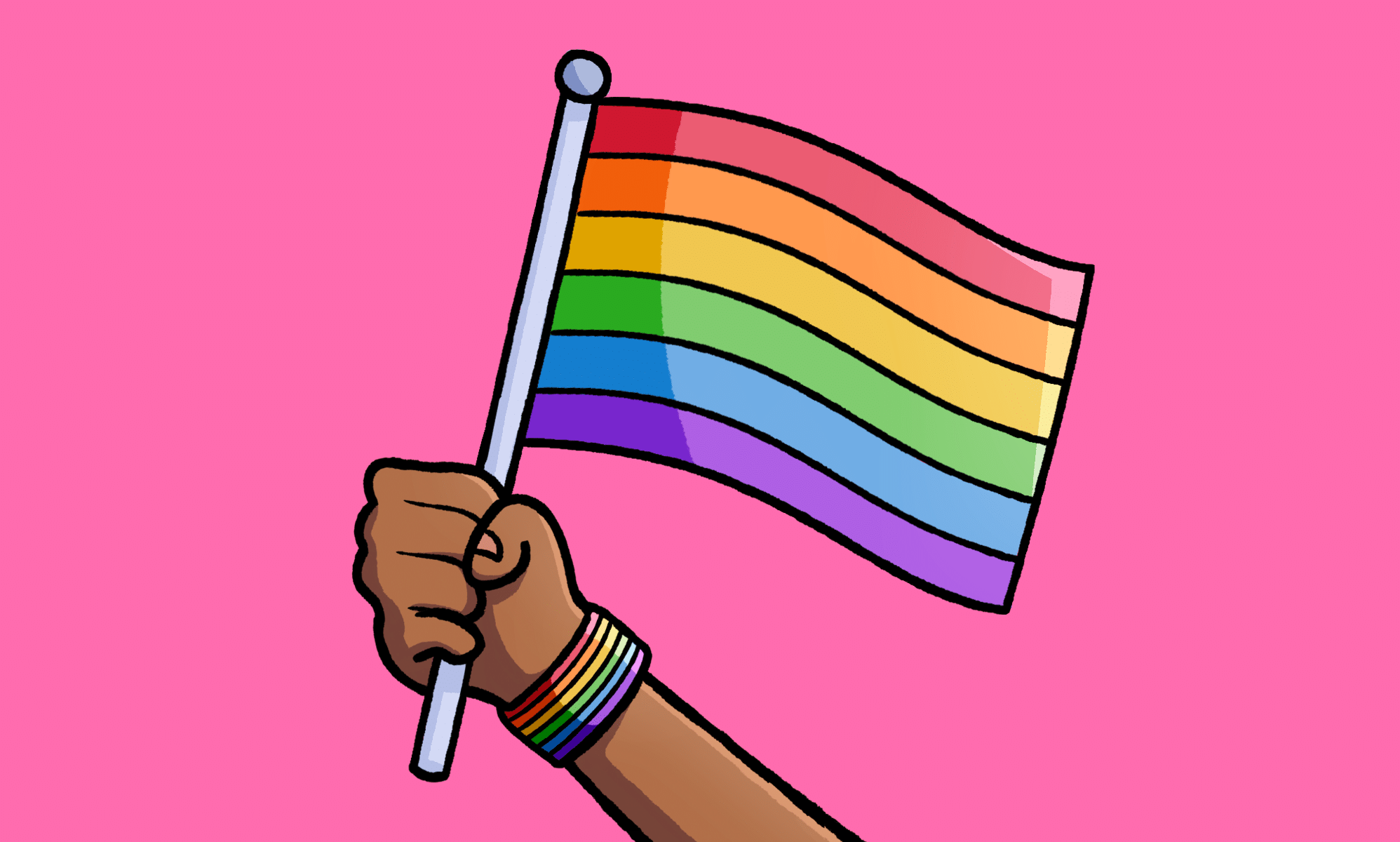
They received +2.0% of vote share above and beyond their straight colleagues.
We expected to find that LGBT candidates would struggle in constituencies with larger than average Muslim populations but in fact, we found that they do not experience a negative impact until the percentage of Muslims in the district reaches over 18%.
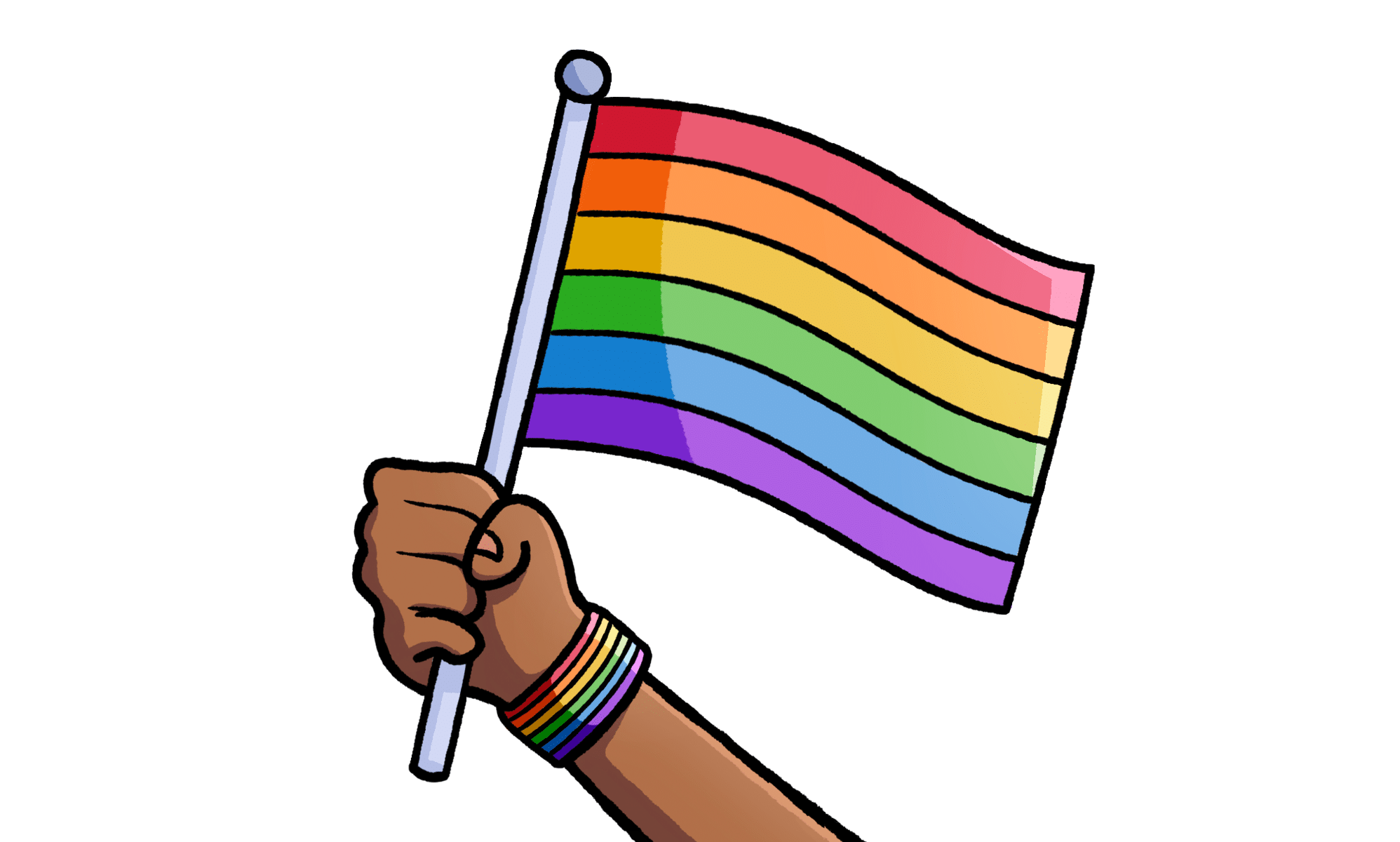
Only 32 constituencies have a proportion of Muslims greater than 18%. Even then, the negative impact is limited: -0.25% when Muslims are 30% of the constituency.
We wondered whether LGBT candidates were demonstrably different in their backgrounds to straight candidates and indeed we found that they were slightly more highly educated than straight candidates, slightly more likely to have gone to Oxbridge, and spent slightly more money in the campaign than the average.
When we control for campaign spending and candidate education in our model we find that LGBT candidates across all parties increase vote share by 1.4% and the impact of LGBT candidates for the Labour Party becomes even more positive: +1.7%.
On a related note, in the 2015 election being female did not negatively impact vote share but black and minority ethnic (BME) candidates did -0.8% worse than their white counterparts.
However, just like LGBT candidates, female and BME candidates had a positive impact for Labour.

Why the advantage?
Our analysis suggests that if there were a few votes withheld for candidates because they happened to be LGBT, they were more than made up for with votes won because the candidate was LGBT.
In 2015 out LGBT candidates sent an ideological signal to voters – they were perceived as more progressive, empathetic, and resilient.
Such positive cues outweighed negative traditionally homophobic cues. In marginal districts, LGBT candidates did better for the Conservatives because they were perceived to be more moderate and were more likely to attract Labour and Liberal Democrat voters.
Why the surprising rural result?
LGBT acceptance is driven by visibility and familiarity.
In rural areas, extended families are often in close proximity and the community is close knit. In essence, the act of coming out affects not only immediate family but the broader village.
A decade ago the gay son would flee for the big city – today they are more likely to find acceptance at home – and their impact has a broader reach.
None of this evidence diminishes enduring and insidious homophobia in schools, the workplace, on sports fields and in some communities but what it does show is that in the world of politics the extra hurdles being placed in front of LGBT Brits are beginning to lessen and in certain contexts LGBT status actually communicates attributes that voters find appealing. Being LGBT suggests to an increasing number of voters empathy, tenacity and progress.
Most of the sitting out LGBT MPs are likely to be returned in June and they may be joined by a new cohort of younger politicians who came of age after the gay rights movement had already broken through.

However, one glaring absence remains. Britain has never elected a transgender voice to parliament – indeed only six countries have broken that barrier. Will 2017 be the year?
Full details in: Andrew Reynolds and Gabriele Magni. Forthcoming. “Does sexual orientation still matter? The impact of LGBT candidate identity on vote share in the UK elections of 2015.” Available on request.

